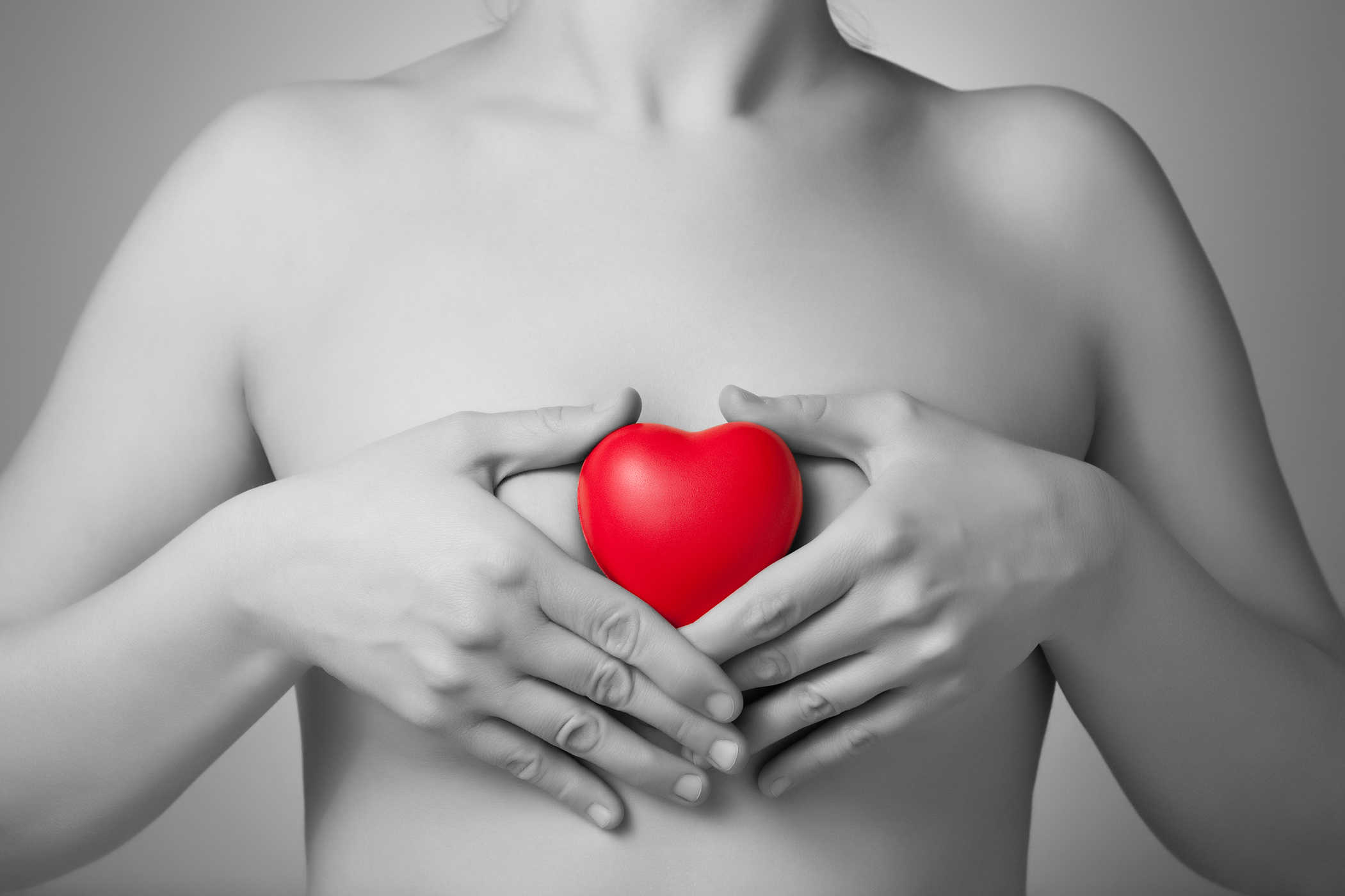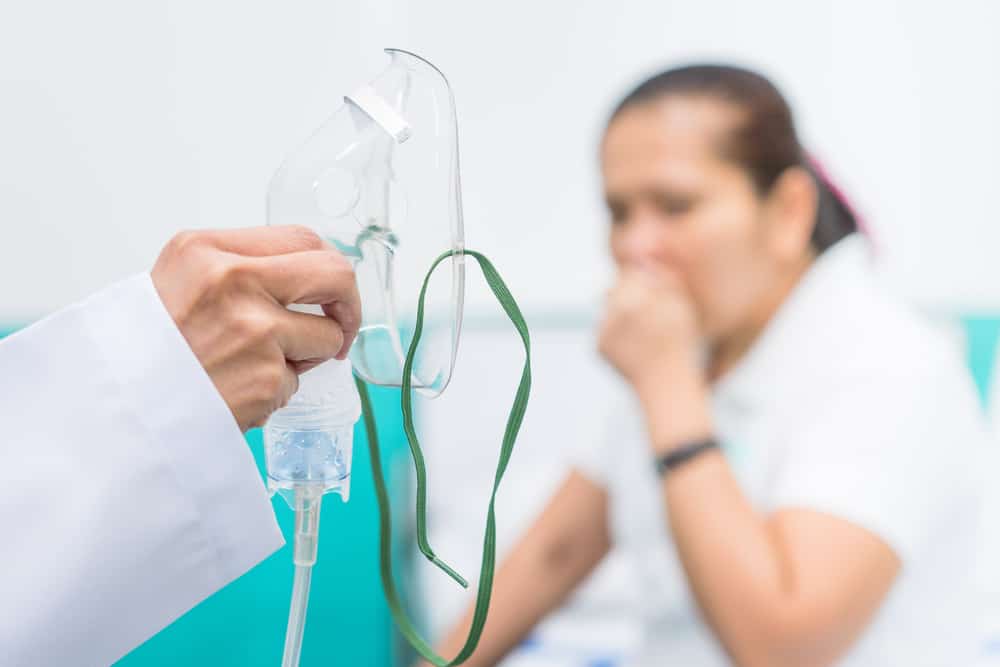Contents:
- Medical Video: Liver Failure | FAQ with Dr. Amy Kim
- Stage 1: The first sign of liver damage is inflammation
- Stage 2: Fibrosis is the beginning of liver scarring
- Stage 3: More severe scarring causes cirrhosis
- Stage 4: Heart failure
Medical Video: Liver Failure | FAQ with Dr. Amy Kim
There are various types of liver disease, but regardless of the type of liver disease, liver damage will develop in the same way. It is important to know what is happening to your heart at each stage of development before liver failure occurs. Understanding the development of liver disease can help you make better health choices.
Your heart is one of the most important organs in your body. Responsible for blood detoxification, helps digestion of food, and stores energy as sugar for later use. But that is only the main function of the heart; there are also around 500 other functions that contribute to your health. When your heart can't function properly, your whole body will be affected. We can help explain the 4 stages of liver disease.
Stage 1: The first sign of liver damage is inflammation
One of the main functions of your heart is to detoxify your blood from poisons found in the food you eat and the products you use. The first sign of liver damage is inflammation. Inflammation in the liver is a sign that your immune system responds to foreign substances, such as too many poisons. This can cause enlargement of your heart.
There are many causes of inflammation. Excess fat in the liver, too much poison or viral infection in the liver can make your heart swell. These are some conditions that can cause inflammation in the liver:
- Non-alcoholic fatty liver
- Fatty liver alcohol
- Hepatitis, including viral hepatitis or autoimmune hepatitis.
Often, you can feel if your heart is injured when you have a stomach ache in the liver area (the right area above your stomach). Sometimes, you will feel heat in that section. There are cases where you have no signs of inflammation at all, such as non-alcoholic liver fat.
Tell your doctor if you have signs of inflammation. Treating your liver at this stage can help reverse liver damage.
Stage 2: Fibrosis is the beginning of liver scarring
When you don't treat inflammation, your heart will start to get hurt. This scar tissue will replace healthy liver tissue and thus reduce liver function. This whole process is called fibrosis.
When liver function decreases, toxins and fat will continue to accumulate in the liver. In addition to preventing the liver from functioning properly, scars can block blood flow to the liver.
At this stage, there is still a chance to save your heart through care and treatment and lifestyle management. Your heart has extraordinary healing abilities, so it can still heal at this stage.
Stage 3: More severe scarring causes cirrhosis
If you do not treat fibrosis, you risk developing into the next stage called cirrhosis, which is severe scarring of the liver. At this point, the liver can no longer heal itself. It takes a long time for cirrhosis to appear, sometimes up to 20-30 years. Unfortunately, people are only aware of liver disease when the symptoms are more obvious. Cirrhosis can cause many complications. Some of the symptoms and complications of cirrhosis are:
- Exhausted, or feeling tired
- Limp
- Itchy
- Loss of appetite
- Weight loss
- Nausea
- Bloated stomach due to ascites, which is a buildup of fluid in the stomach.
- Edema - swelling due to fluid buildup - on the feet, ankles or feet.
- Spider blood vessels, called angioma, on the skin.
- Jaundice, a condition that causes the skin and the white part of the eye to turn yellow.
Cirrhosis can cause a number of complications, including liver cancer. Treatment for cirrhosis is to control the development of scar tissue and treat complications and symptoms caused by cirrhosis.
Stage 4: Heart failure
Your heart has lost all ability to function and cannot recover. Liver failure can be a chronic or acute condition. Acute liver failure can strike quickly in just 48 hours in reaction to poisons or drug overdose. Whereas chronic liver failure develops because cirrhosis may have been going on for years. If you have liver failure, the best choice for you may be a liver transplant.
When the condition of liver failure worsens, it can affect you mentally and physically. You may feel confused and lost direction. You may experience diarrhea, loss of appetite, and rapid weight loss. Because these symptoms can cause many other conditions, it is difficult to diagnose liver failure only from a physical examination.
When you get a diagnosis of liver failure, you will get immediate medical attention to save what's left of your heart. If this is not possible, the only option might be a liver transplant.
It is important to carry out regular health checks, because liver disease can be detected at the stage of inflammation or the stage of fibrosis through ultrasound or x-rays from your stomach. If you are successfully treated at this stage, your heart may have the opportunity to heal itself.
READ ALSO:
- 9 Symptoms of Lung Cancer that You Cannot Ignore
- Detect Early Symptoms of HIV and AIDS
- 5 Signs There Are Problems With Your Liver












